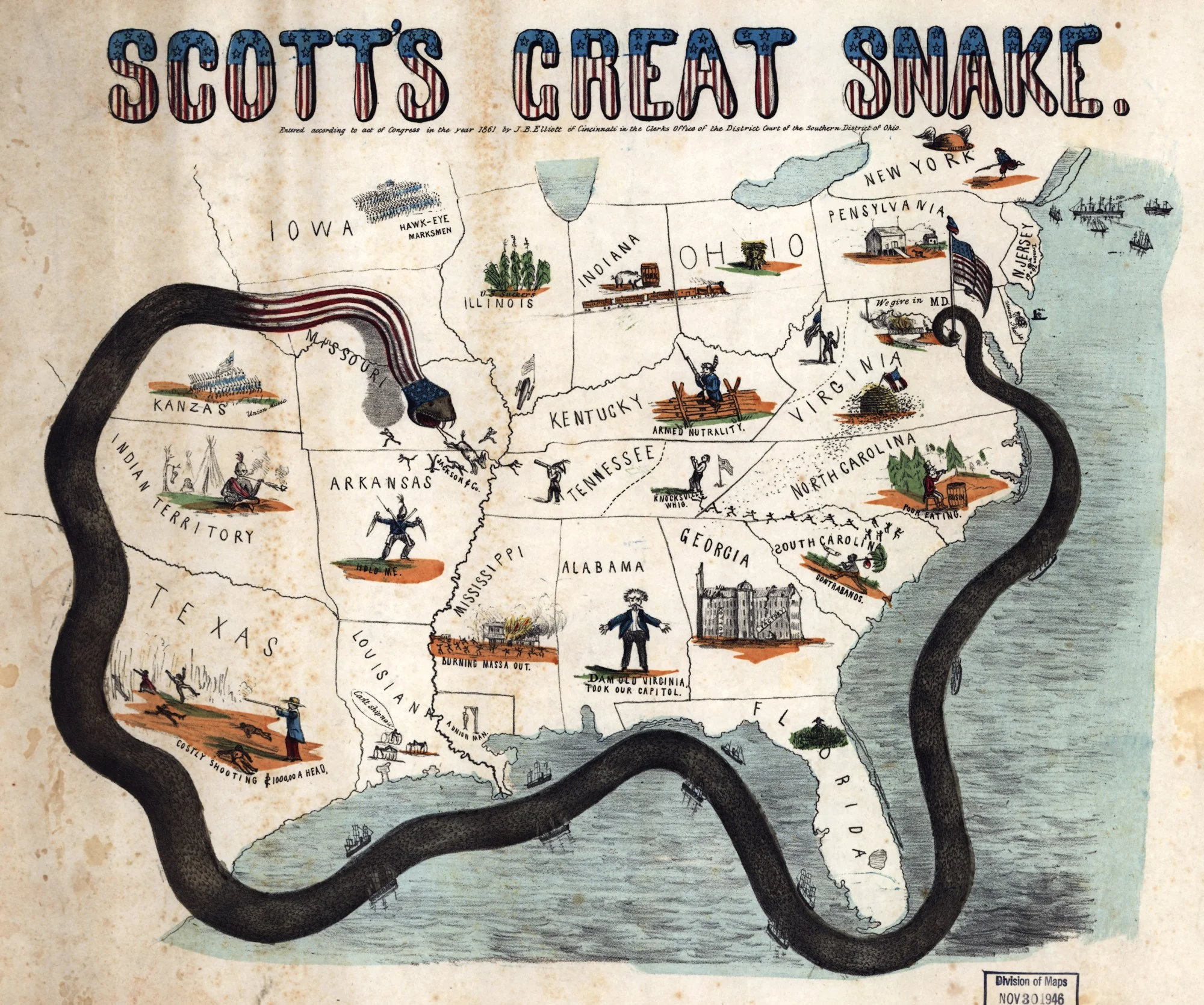As we spend so much time considering military effectiveness (which is, admittedly, a terribly important measure), one underestimated component to any strategy is efficiency.
Epic Landpower Fail: Lack of Strategic Understanding
The U.S. Army will not be very successful in the coming operating environment unless it develops a sense of strategic understanding in its officers (and senior non-commissioned officers). For the purposes of this essay, strategic understanding is defined here as: awareness, comprehension, and ability to communicate broad purpose for the use of force and the relationship between tactical action and national policy. Trends tell us two things that demand this characteristic: first, landpower is inherently attributional; second, the Regionally Aligned Forces model ensures that the American Army will go to more places, faster, in smaller numbers, than ever before.
In Response to Anti-intellectualism in the Army: Knowledge, Judgement and Strategic Thinking
If we desire to maintain our advantage over machines and drones, then this example from Libya is precisely what we do not want. The members of the Profession of Arms don’t simply “service targets,” just as they shouldn’t automatically put on a reflective belt. We ought to continually strive to be skilled and discriminate conductors of the symphony of violence — that also know why the orchestra has assembled for the performance. If we don’t live up to this ideal, then maybe it is time to start sending in the drones.




